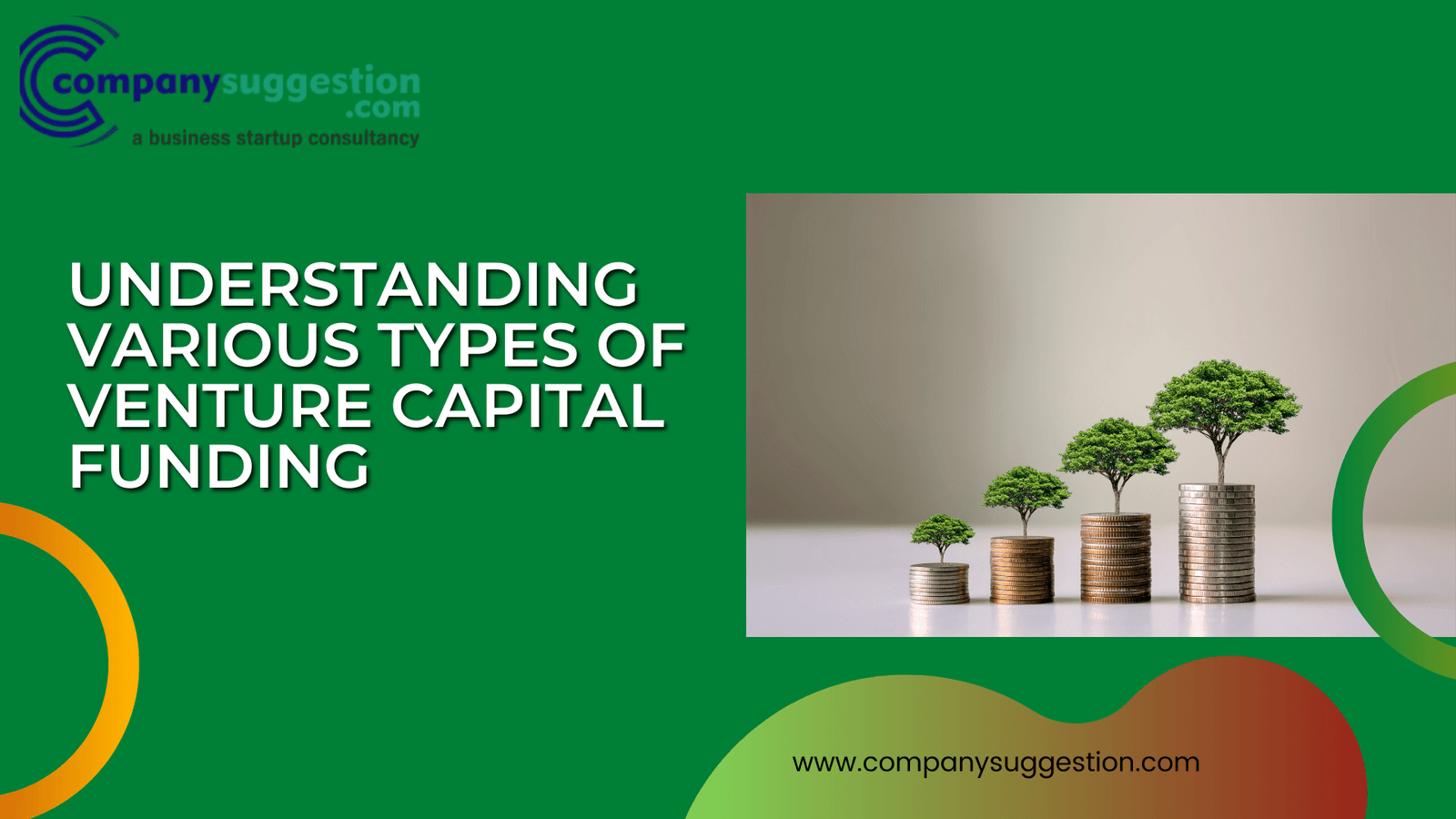INTRODUCTION
Investment funds that help investors seeking private equities in startups, small, and mid- sized enterprises processing strong growth potential, by managing their money are known as venture capital funds(VCF). The year 2021 saw some unprecedented landmarks for venture capital funding in India. Indian startups raised a record $42 billion across 1,583 unique deals. For text context, the number was around $11.9 billion across 953 deals in the calendar year 2020. That’s huge jump. Seed stage funding also crossed the $1 billion mark in India for the first time with total funding of $1.1 billion in 2021.
Its important to know the preferences of the VC you’re approaching, and to clearly articulate what type of funding you are seeking. These investments are generally characterized as very high- risk/ high- return opportunities, but now accredited investors have a greater ability to take part in venture capital investments, still VC funds remain largely out of reach to ordinary investors.
WHAT ARE VENTURE CAPITAL FUNDS?
Investing in emerging companies involves really high risks but the potential for really high returns makes it an appealing option for investors. Venture capital does not always have to be monetary; it can also consist of technical or management expertise provided to businessmen. Venture capital funds have portfolio returns that trend to resemble a barbell approach to investing. Many of these funds make small bets on wide variety of young startups, believing that at least one will achieve high growth and reward the fund with a comparatively large payout at the end.VC funds therefore play an active and hands-on role in the management and operations of the companies in their portfolio.
STAGES OF VENTURE CAPITAL INVESTMENTS
Seed Funding
As the same suggests, seed funding or seed capital is the capital invested to help entrepreneur conduct initial activities for setting up a company. This can include product research & development , market research ,business, business plan creation, etc.
Seed funding may also be providing by the owners themselves or their family members and friends.
This is the first round of investment for gaining early- stage traction.
- Start- up capital
This stage of funding is for businesses already under their development. Start-up capital is often used interchangeably with seed funding. However, there are minor differences. Usually, business owners avail start-up capital after they have completed the processes that involve seed funding, it can be used to create a product prototype, hire crucial management personnel, etc.
- First Stage
First stage is provided to businesses that have a product and want to start commercial manufacturing, sales, and marketing.
Companies that have spent all their starting capital and need finance for beginning business activities at the full scale are the major beneficiaries of the first stage financing.
- Expansion Funding
As the name suggests, Expansion capital is the fund required by a company to expand its operations. The funds can be used to tap new markets, create new products, invest in new equipment and technology, or even acquire a new company. It is provided for the purpose of assisting a particular company to expand in a major way.
- Late-stage Funding
Late stage funding is offered to businessmen that have achieved success in commercial manufacturing and sales. Companies in this stage may have tremendous growth in revenue but show any profit.
- Bridge Funding
Also known as mezzanine financing, bridge funding helps a company to meet its short term expenses necessary to create an initial public offering(IPO) as a major business strategy. At this stage, capital is raised from existing investors in exchange for some collateral.
METHOD OF VENTURE CAPITAL FUNDING
Funds can be raised from investors in exchange for the following:-
Share in equity of the company
Equity, typically referred to as shareholders equity (or owners equity for privately held companies), represents the amount of money would be returned to a company’s shareholders
- Participating in Debentures
A type debt instrument that is not backed by any collateral but gives the investors right to participate in profit of the company.
- Conditional Loan
These loan do not carry interest and are repayable to the investors in the form of royalty after the company seeking investment starts generating revenue.
- Income Notes
It is hybrid of both; traditional loans and conditional, wherein the entrepreneur will have to pay both royalties and interest at a very minimal rate.
HOW IS VENTURE CAPITAL FUNDING BENEFICIAL FOR GROWING COMPANIES?
Following a list of benefits of raising venture capital funds:
- They bring wealth and expertise to the company.
- Large sum of equity finance can be provided.
- Investors have expertise that emerging entrepreneurs can benefit immensely form.
- Venture capital is a great way of generating capital at the initial stage of a business.
- Risk management becomes easier.
- Venture capital funding improves exposure.
- The Business does not stand the obligation to repay the money.
- Investor can also help in providing new networking and collaboration opportunities.
- In additional capital, it provides valuable information, resources, technical assistance to make a business successful.
CONCLUSION:
Considering the high risk involved in the venture capital investments complimenting the high returns expected, one should do a thorough study of the project being considered, weighing the risk return ratio expected. One needs to do the homework both on the venture capital being targeted and on the business requirements.
Such high net worth individuals are often known as “Angel investors” If you are a budding entrepreneur and are looking to start a company raise funds for your business, a lot of challenges lay ahead of you.













